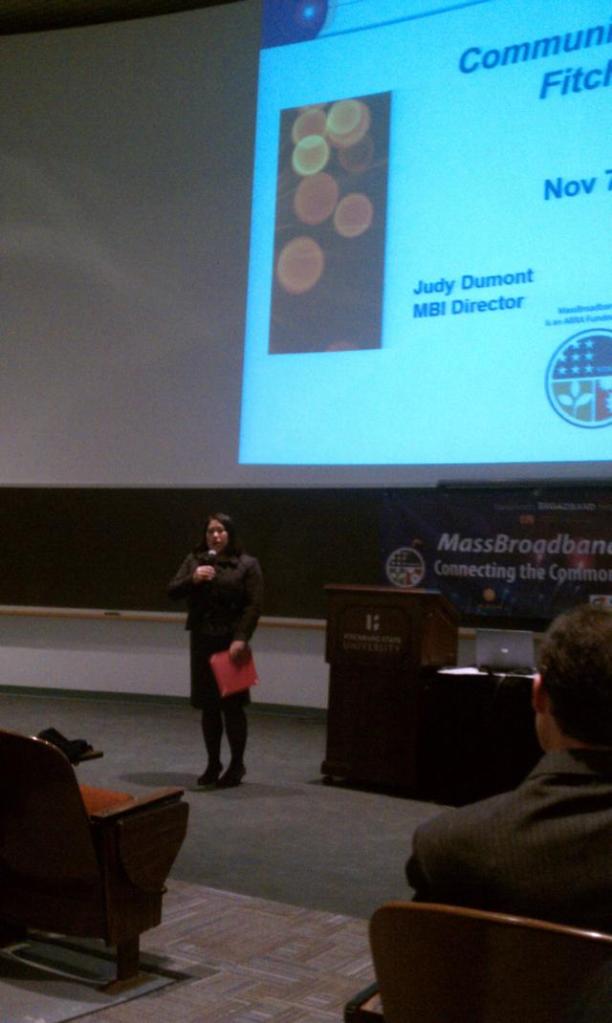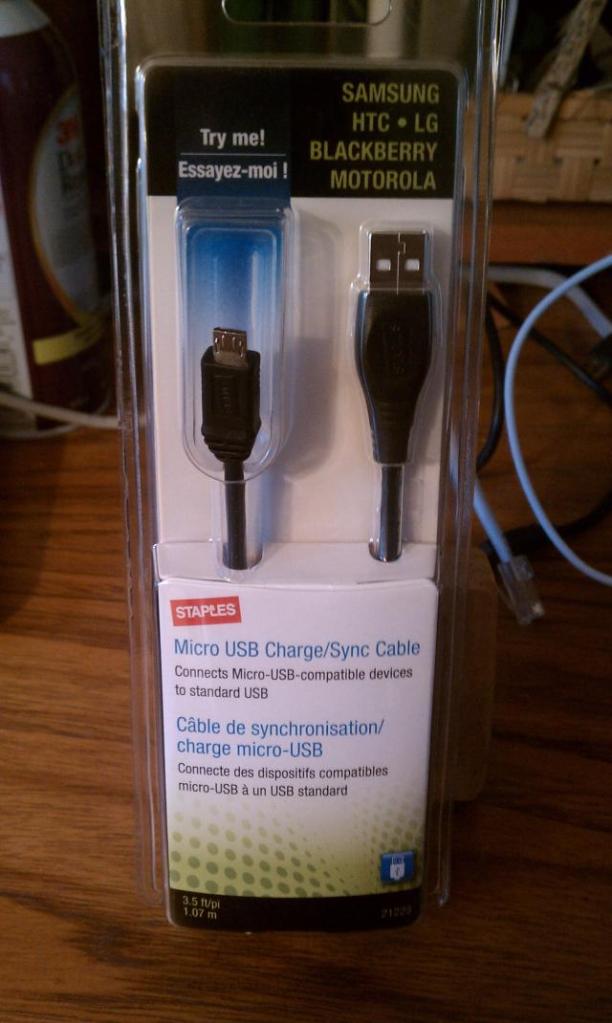 [/caption]
[/caption]The other day, Rep. Jim McGovern spoke at our WISE politics and media class. Tim Connolly, communications director for Worcester County D.A. Joseph Early, Jr., is leading the class. McGovern took questions for the full 90 minutes. As you might expect, topics ranged widely from Worcester politics to the pile of rubble that is the Washington political process. "If you wanted to chose any time in history to be president," said McGovern, "this is not the time you would choose." (Ref The Onion's on-point headline in November 2008, Black Man Given Nation's Worst Job .)
We talked redistricting. More than half of his district is new to him, now anchored to the west by Amherst and Northampton. (I corrected him on the pronunciation of Amherst, with a silent h. The townspeople notice such things.) The discussion about education included the usual topics of improving STEM (Science, Technology, Engineering, and Mathematics) as we try to prepare young people for jobs in the emerging green economy and medical technology.
In a bit of topic drift, we noted that a 20% turnout, coupled with Joe Perry's 48% plurality, means than fewer than 10% of Worcester voters chose their new mayor. "We are ultimately responsible for whom we elect," noted McGovern. By comparison, 40% of Fitchburg electorate voted. They re-elected Lisa Wong as mayor.
In addition to the usual concerns about civic detachment, the class agreed that civics should also be included in any education reform.
I know that it's comparing apples and dump trucks to relate my personal educational experiences with the practices and people of these times. There are a few dynamics about growing up, however, that are somewhat enduring. So, here are a couple of points:
- I loved history, social studies, and political science. I even got an award as best social studies student in my graduating class. My first college course, taken when I was 16, was political science. I grew up in a household where both parents voted regularly, where my mother campaigned for Ed Brooke as senator.
I didn't vote until I was 30. - There were several classes - Shakespeare in freshman English, shop, and gym, notably - that caused me not only not to learn the subjects but also to hate them later in life. Part of it was bad teaching, more of it was due to an inept student forced to display his ineptitude for the world to see.
These are notes of caution about what we can expect from education of any type, be it our public schools or even a parent to a child. We can give skills and knowledge, knowing that some of that will land on fertile ground and some will land on the rocks. The skill of the teacher and the aptitude of the student are the major factors here.
Much, much harder, though, it teaching people how to care when they don't. Even if we can identify root causes and remove those impediments, our successes are less than hoped for. It's pretty easy for people who are passionate about a topic to share why they're excited. The stories that are most interesting and, I think, most instructive, are the ones where someone once didn't care and now does. What happened? Is there anything transferable from those life lessons?
I voted for the first time because I was friends with people who were active in politics and who voted. The friendship preceded the act of voting. (This, by the way, is why social networks can be so compelling.) It's not about trust in the political arena or in the classroom, perhaps, but in the coffee shops and living rooms and other social places, where change happens. I voted not because I trusted the politicians so much as I trusted my friends.




